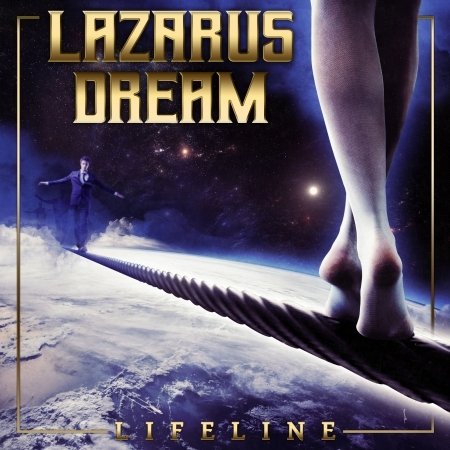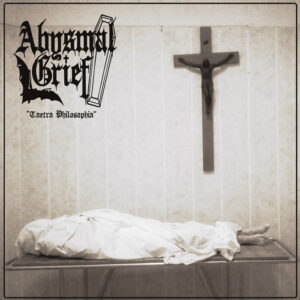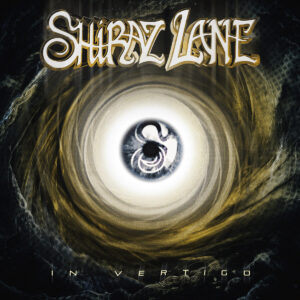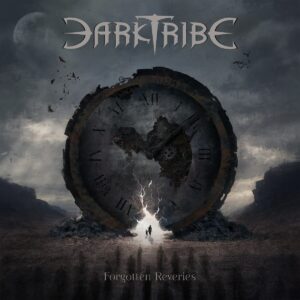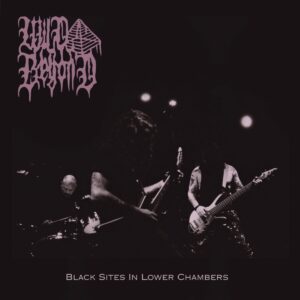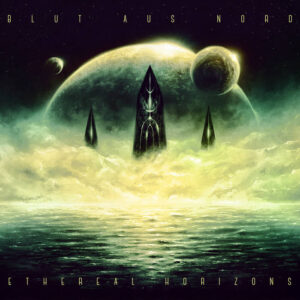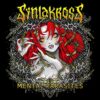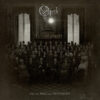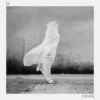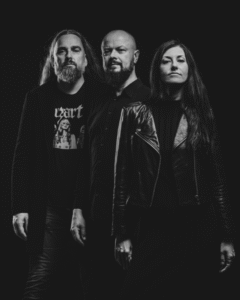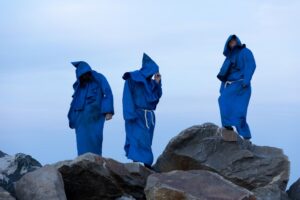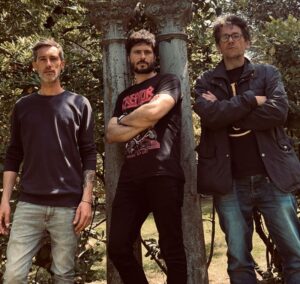Markus Pfeffer
Lazarus Dream
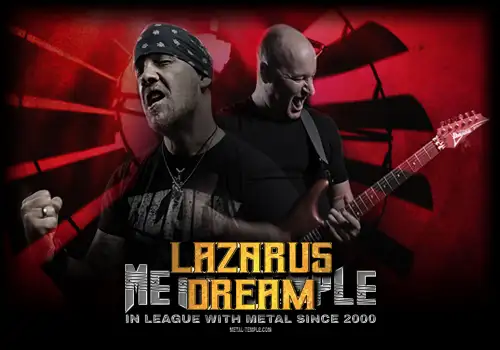
Fine, thank you for asking. I used the seemingly never-ending pandemic to be creative, recording a good 100 demos and arranging about 70 songs. It was like a liberating blow and felt really good.
After the debut was very highly praised, I was indeed a little nervous whether our second album would get as many good reviews. Fortunately, without reason, the vast majority of critics praise our second album in the highest tones and the fans also seem to be enthusiastic.
I would say we understand each other even better now on the creative side of things. Carsten now knows pretty much which melody lines fit my compositions best and I know exactly which of the countless songs I compose are predestined for Lazarus Dream. With about 70 songs and three ongoing projects (Winterland, Lazarus Dream, Barnabas Sky) you have to be clear about which song "belongs" where.
Yes and no. Yes, in the sense that our music has a lot of power and energy and would definitely bang live without end. No in the sense that we would have to hire and pay a drummer, bassist, second guitarist, keyboardist and actually two background singers for the extensive choirs, and that would result in fee demands that no promoter would meet. There are too many young bands that perform for a penny.
It varies from song to song. I usually "only" compose the music, then Carsten is asked to find a suitable text and melody. Some songs come from a guitar riff (e.g. "Don't Look Down"), others from a drum-bass arrangement ("Love Without A Net"), others from a melody in my head (e.g. "Still Running"). What I actually wanted to say with that (laughs), I don't only write songs on the guitar, but also consciously like to go other ways.
Stan's artwork turned out just stunning, and I'm very, very happy with it. However, the idea came from Carsten, who deliberately wanted to illustrate the lifeline theme metaphorically, with a hint of sci-fi attitude.
Wow, that's as thoughtful a perception as it is a great question. In fact, I give a lot of thought to the order of songs on my albums. Usually, I start doing it once 8-10 songs are done and I make mp3 mixes in the imagined order of them. The tempo has to vary from song to song and so does the key. Otherwise, in addition, I try to build up an arc of tension, and apparently it worked well.
A special moral is not addressed, if you ask me. Carsten writes the lyrics and has all imaginable freedom, so I can only answer as an "outsider". As a lyricist, I think he responds to each song individually, there are very personal lyrics ("Your Voice Inside My Head") as well as more socially critical and almost dystopian lyrics ("Dead End Symphony"). In the end, the whole life is illuminated, with all its facets. Hence the album title.
Many thanks for the words of praise first. Indeed, I also feel that we have "found" ourselves stylistically with the new album. And indeed, my own influences range from melodic bands like TYKETTO to heavy bands like IRON MAIDEN and it's great to make people hear these different influences in our own material.
No. I usually don't have a "master plan" for the stylistic direction of an album, but approach each song on its own. In the beginning I also had the feeling that the songs were heavier on average than those on the debut, but maybe that was due to the pandemic and the pent-up feelings that just had to "get out".
In principle, nothing. I write the music; Carsten finds a suitable text and melody. Whereby a story is definitely worth telling. After I had a short, ballad-like guitar instrumental on the BARNABAS SKY album, I wanted to do the same for the LAZARUS DREAM album. The song was already largely arranged, but after I had slept on it once or twice, I suddenly didn't like the guitar melody at all. So, I deleted the guitar melody and gave the basic arrangement to Carsten in the hope that he would come up with something. That was Sunday. By Wednesday, "Love Without A Net" was in the can.
Carsten's arrangements and melodic arcs are EXACTLY how I want the vocals for my songs. We have EXACTLY the same preferences and ideas, which is perfect for a songwriting duo. I'm totally into the fat arrangements of the backing vocals, however, I decide from song to song whether or not I sing along myself.
The song was actually finished, but I had the feeling that something was missing - especially a Hammond. So, I contacted him and a few days later he delivered. And pretty awesome LOL
"Crack The Hourglass" is also one of our declared favorites on the album. The "Cossack Choir" after the second chorus is of course a conscious reminiscence of IRON MAIDEN. It may be that we will also shoot a video for it. The fact that the song was not one of the first two videos is due to the fact that it doesn't have a real guitar solo and is therefore not quite representative of the rest of the album.
That was Carsten's idea, he always wanted to cover the song and since I've always liked the song as well, I was immediately hooked on it. In the end it was only a few days of "work" and the song was in the can.
I learned from it that we found a clear stylistic line with Lazarus Dream and that we will definitely write more material in the future. I have the feeling that on the one hand we have found our "own sound", but on the other hand no song is like the other.
Thank you very much Lior!

More results...
